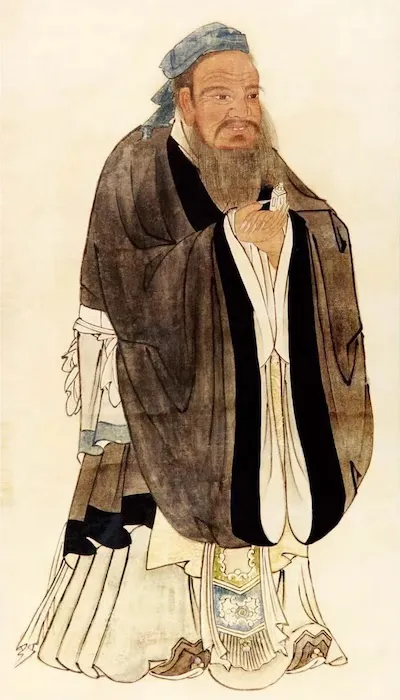
Home | Anecdotes | Articles | Digital Vault | Icebreakers | Programs | Quotations | Shop | Dashboard | Log in | Sign up
Quote for the Week
This week's quote is about joy"One joy dispels a hundred cares."
- Confucius (551-479 B.C.)
Members have access to the Learning Pages collection of over 500 quotations.
Check out today's Quote for the Day.
Confucius

Confucius was a Chinese philosopher and teacher who lived from 551 to 479 BC during the Spring and Autumn periods of Chinese history. His real name was Kong Fuzi, or Kongzi in Chinese.
He was born in Lu (present-day Shandong province) into a family of modest means. His father died when he was young, and his mother raised him.
Confucius held several minor government positions before becoming a teacher and advisor to various rulers. He advocated his ideas on governance, morality and social relationships to these rulers.
Become a member to access to our complete collection of over 500 quotations
About Learning Pages | Support us
